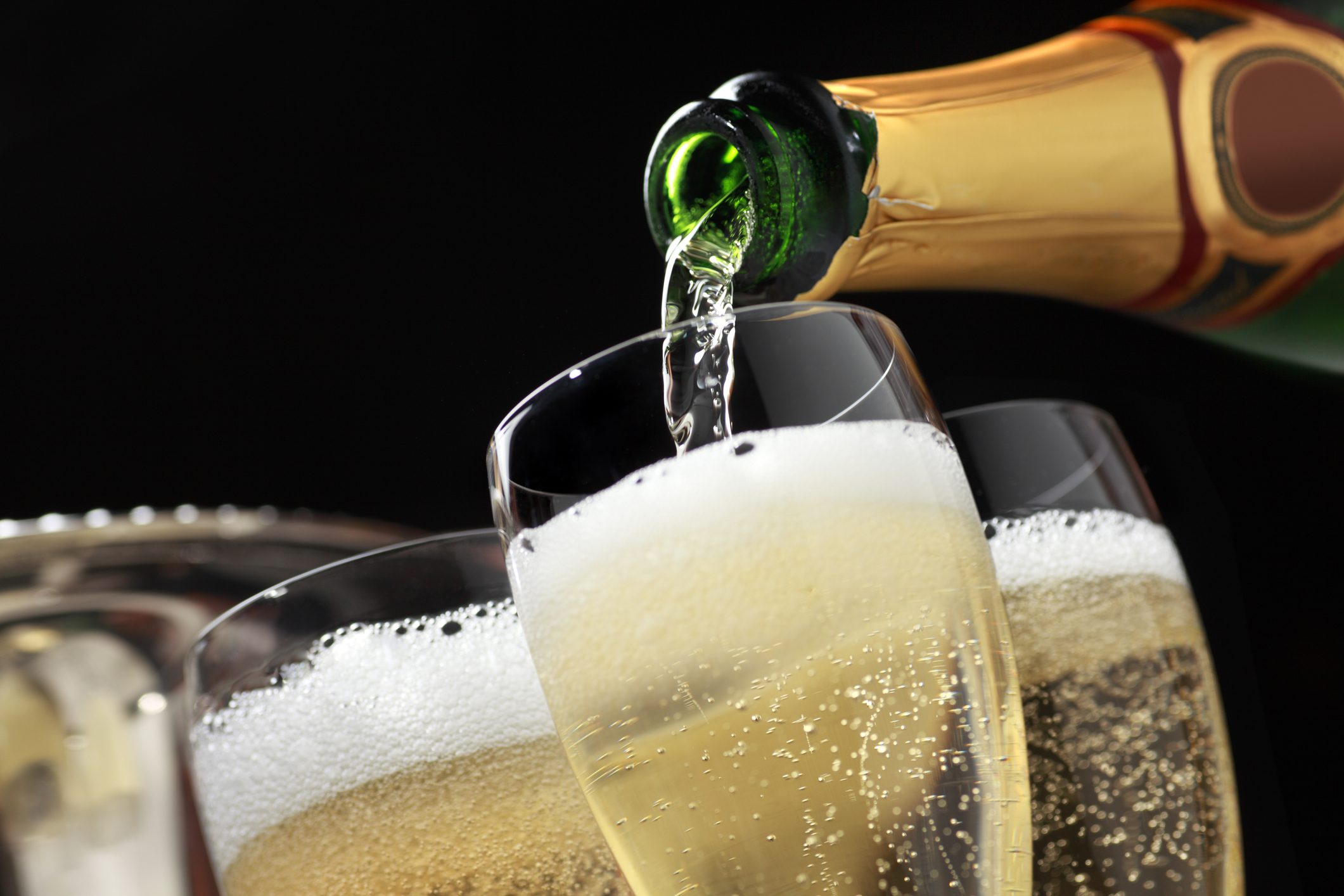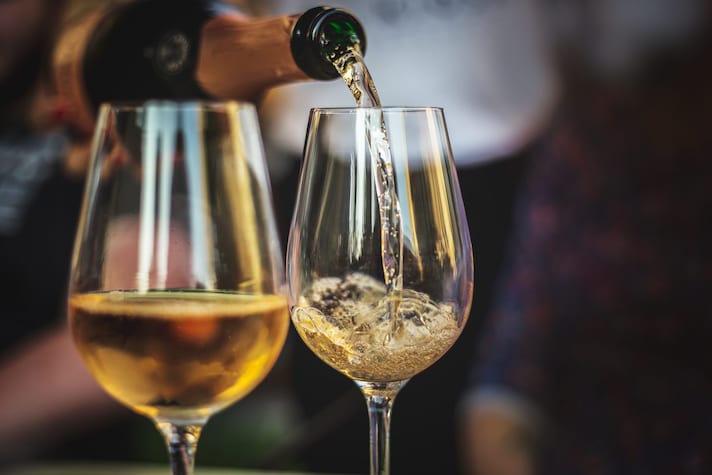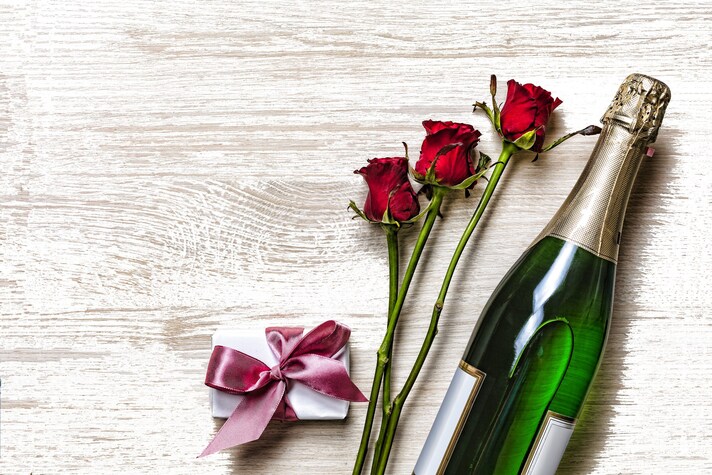There’s A Good Reason Why You Should Just Drink That Bottle of Champagne
He says that what you probably have on your shelf is a non-vintage Champagne, which is created from a blend of different harvests.
;)
You know the scenario. Someone gave you a bottle of Champagne for a birthday, or for some personal achievement, and you’ve kept it tucked away in the gift box for a special occasion.
The trouble is, that special occasion never seems to arrive, and you don’t think it’s worth opening the Champagne for any other reason. After all, Champagne keeps for years, doesn’t it?
Not if it’s non-vintage Champagne, says Thibaut Le Mailloux, Communications Director at Comite Champagne. He says that what you probably have on your shelf is a non-vintage Champagne, which is created from a blend of different harvests.

Because of this, these Champagnes are more widely available and less expensive than vintage Champagnes, which are made from one harvest and aged by law for a minimum of three years in the maker’s cellar.
The simple way to tell vintage from non-vintage Champagne is because the year of the harvest will be on the front of a bottle of vintage Champagne.
Vintage Champagnes can be kept for up to 15 years, while non-vintage ones have been aged for a minimum of 15 months in the producer’s cellar, and are ready to drink straight off the shelf.
Francoise Peretti, director of the Champagne Bureau UK, says that you can keep non-vintage Champagne for up to a year in a place where there is no light or heat. Most of us don’t have cellars, but Peretti says the next best thing is a cupboard with a constant temperature.
It doesn’t even matter if the bottle is standing up instead of lying down when you store it, says Le Mailloux. He adds that it may actually reduce the risk of the wine spoiling through a tainted cork.

Le Mailloux warns that however carefully you store it, your Champagne will change over time. “There is a micro-exchange between the bottle and outside through the cork. So, it will evolve, it will probably be rounder…You take a risk.”
Both the experts agree that when you’re given a bottle of Champagne, you should drink it fairly soon afterwards.
“You must have had, within a year of being given this bottle, an occasion to drink it or your life is very sad,” Peretti says.
Le Mailloux says that when he’s given a bottle as a gift, it goes straight in the fridge, because he knows that he’s going to open it within a few weeks.
;Resize,width=767;)
;Resize,width=712;)


